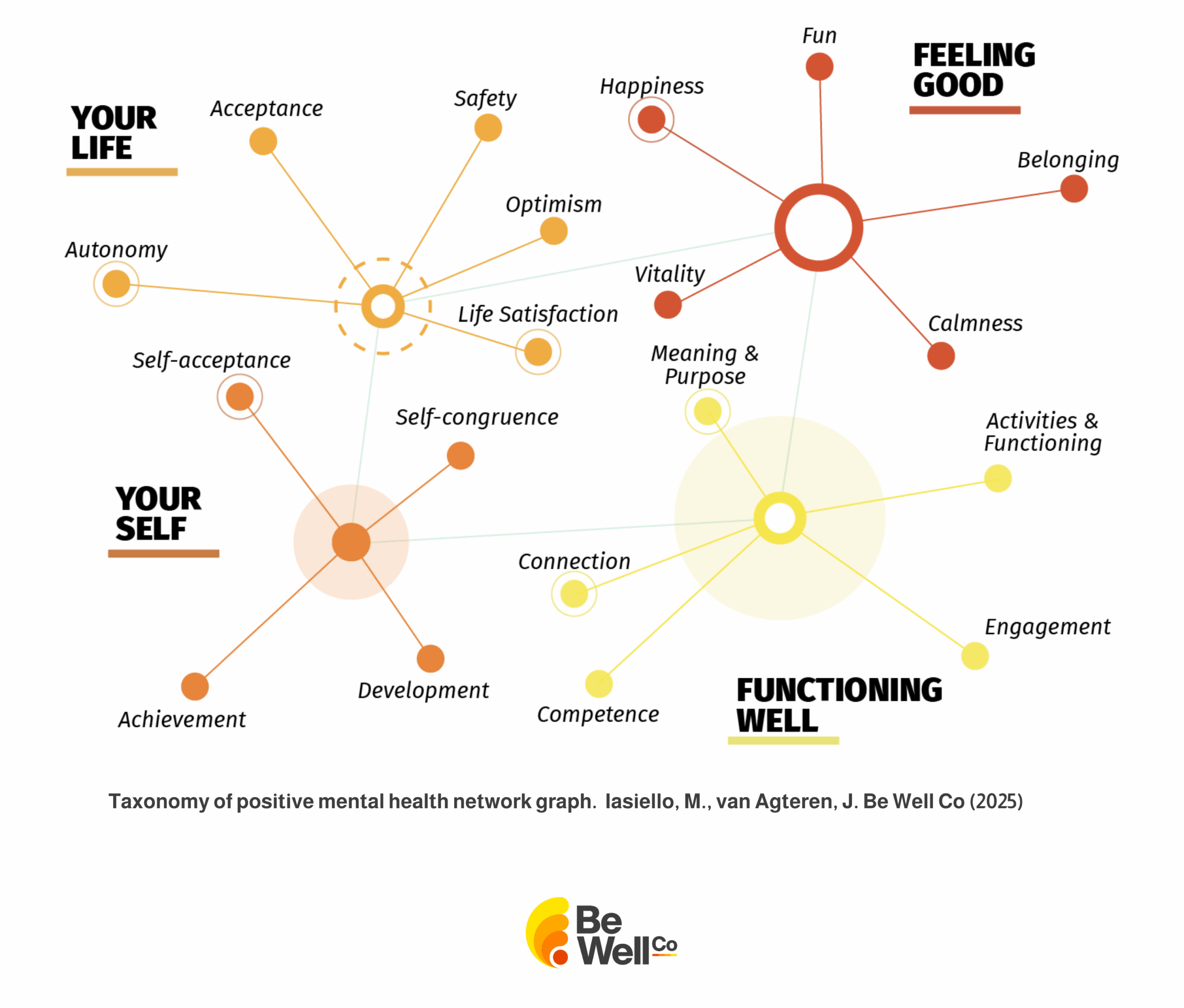Teen stuck in a rut?
If your teenager is existing without much enthusiasm or drive, you’re not alone—that feeling of “blah” is what experts call languishing. It’s that weird middle ground where they’re not exactly depressed, but they’re not thriving either. They have lost their sense of direction and are not able to see how they can personally grow and develop. They may feel disconnected from a system that they believe doesn’t support them or that they can have a meaningful contribution to.
There are many reasons for this disconnection, particularly given the pandemic and the fact that our children are living with us well into their 20s. Cost of living, lack of housing, student debt and an unclear future all contribute to a sense of stagnation and futility. We delve into it in our ‘Why we are worried for the kids’ webinar here. This lack of a sense of meaning and purpose can be crippling and reduce youngsters to a state of numbed apathy. Yes – we face many real problems in our world, however, there’s many steps you can take to feel better day to day and choose to focus on the resources you have and the things you feel are important. As your teens’ go-to support system, you can help steer them towards a place of energy and purpose.
Here are some heartfelt ways you can support your teen and help them find a new sense of purpose and meaning in life.
First things first, recognising the signs of Languishing is key:
- Low Energy: Does your teen seem tired or uninterested in things that used to light up their day?
- Emotionally Flat: They might not express much joy or sadness—just kind of cruising on autopilot.
- Drop in Engagement: Whether it’s with school, family, or friends, you might notice them pulling back and retreating.
Once you’ve identified these signs, it’s time to gently step in.
Start the conversation
Opening up a discussion can be incredibly powerful. Create a safe space to talk and let them know you’re there without pressuring them. Maybe a casual drive or a walk can create a relaxed vibe that makes it easier for them to open up. Some of the best conversations can be had on a drive where you’re sitting next to each other but not necessarily having the pressure of looking at each other and listening to some music.
- Listen with Empathy and validate their feelings: Put on your empathy hat! Actively listen without interrupting and acknowledge what they’re feeling.
- Empathy involves taking the perspective of the other person without judgement, recognising their emotions and feelings, and communicating that recognition.
It’s okay if they don’t spill it all at once. As uncomfortable as these conversations can feel, trying to stay curious and remember how important creating a space to talk is for them. Phrases like, “can you help me understand” or “tell me more about that” can keep things moving in the right direction.
Helping your teen find new interests and a sense of purpose
Encourage your teen to try something new: whether it’s cooking a new recipe, hiking a trail, or even signing up for a recreational class together. Teens might pretend not to want to play anymore, but deep down we all like to have fun and doing fun activities as a family can be a great way to connect. We’re not just talking scrabble or Monopoly – fun can look different for everyone (but we personally do know children who are in there early 20s that love a good game of Uno No Mercy!).
Is there something they’ve mentioned wanting to try? Be their biggest cheerleader and encourage them to dive in. Sharing in new activities can be a great way to instil a sense of community and purpose.
- Schedule Family Time: Regular movie nights, game nights, or just shared meals can strengthen your bonds.
- Set Fun Challenges: Little goals that mix fun and achievement can work wonders. Think along the lines of building something together or setting up a friendly family competition. Getting outside and walking whilst listening to music or setting a photo challenge to capture meaningful photos over the weekend are small things that can make a difference.
- Help your teen find what truly gives their life meaning. Talk about what they value most in life and how they might want to contribute to the world. Remind them how their actions, however small, can make a difference in someone else’s life or in their community.
Create an environment that celebrates growth
- Celebrate the Process: Instead of focusing on results, emphasise the value of trying and learning. We all stumble through life. Sharing your own stories of overcoming challenges can make them feel less alone. Give your teen plenty of encouragement and positive reinforcement for their efforts.
- Encourage Positive Self-Talk: Help your teen notice negative thinking traps and help them change their thinking by checking the facts and reframing. You might even introduce them to resources like uplifting podcasts or motivational books to learn more about how to think more positively.
Seek professional guidance
Sometimes, getting some expert help can provide work wonders.
- Therapy Options: A counsellor or therapist can offer a safe space for your teen to navigate their thoughts and feelings.
- Group Activities: Some teens find comfort and camaraderie in group settings like workshops or clubs, where they can connect with peers facing similar struggles.
Languishing can come knocking at a lot of young people’s doors. Luckily, there are many evidence-based ways we can combat languishing and feel positive in our day to day lives.
Want to Read More?
 Wellbeing, Workplace
Wellbeing, Workplace
Creating psychologically safe teams
Why Psychological Safety matters and how we build it together Based on Be Well Co’s “Psychological Safety for leaders” workshop Psychological safety has become one of the most important foundations of healthy, high-performing teams…. 18 Nov 2025 Wellbeing, Workplace
Wellbeing, Workplace
What does wellbeing that actually works (at work) look like?
Last week’s Fruit for Thought live in Adelaide: “Wellbeing that works across sectors” brought together leaders from finance, correctional services, and sport to unpack that question we all need to sit with. From the… 14 Oct 2025 3 min read Wellbeing
Wellbeing



